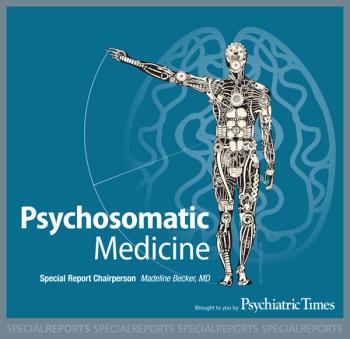
An update on emerging trends in psychosomatic medicine to help clinicians address mental health stressors in psychiatric and medical settings.
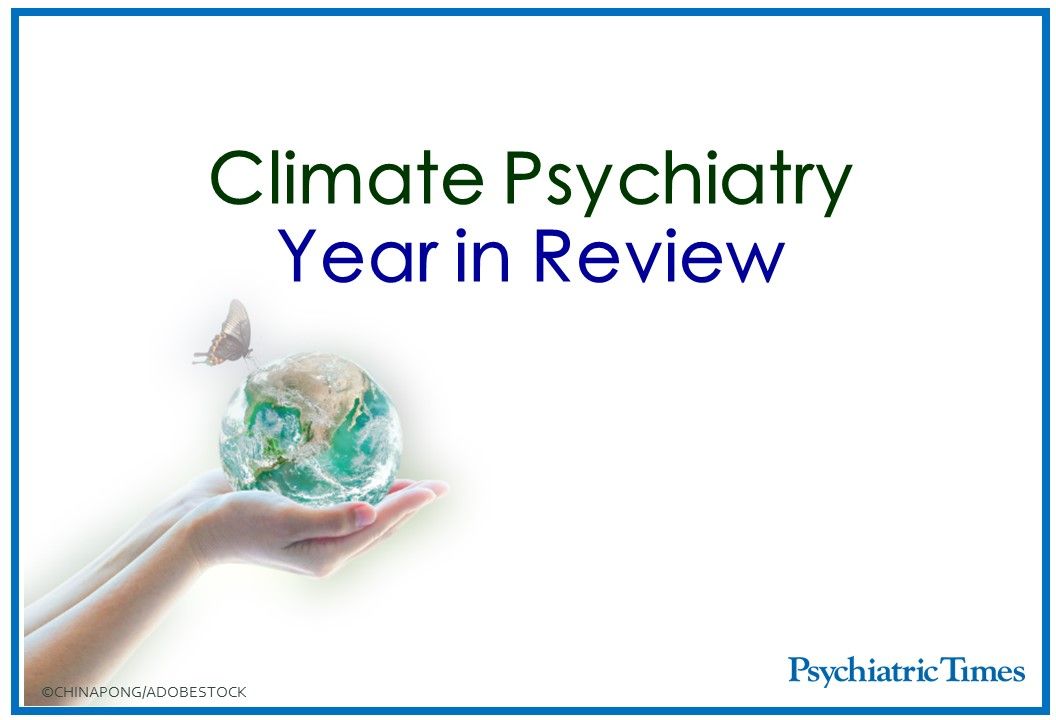

An update on emerging trends in psychosomatic medicine to help clinicians address mental health stressors in psychiatric and medical settings.
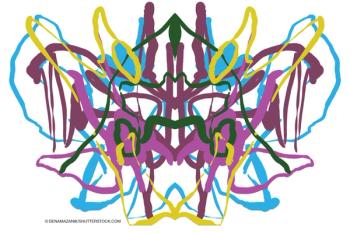
The authors shed light on a disorder that is difficult to diagnose and manage, and offer insights on how to develop an appropriate treatment plan.
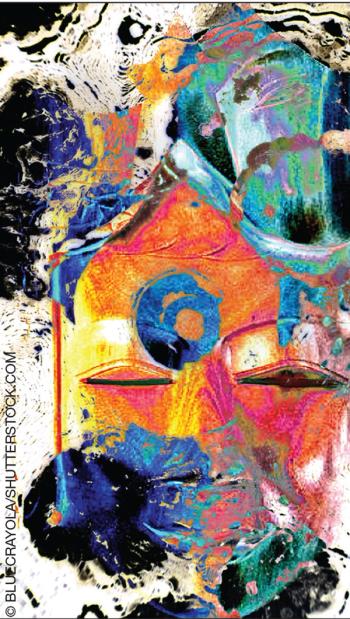
Renewed interest and emerging systematic data have highlighted the frequency and pattern of catatonic presentations in psychiatric and medical settings, including in critical illness.

Psychiatrists need to understand the patient’s cancer diagnosis, staging, treatments and their adverse effects, and prognosis to appreciate the challenges the patient is coping with throughout treatment as well as survivorship or end-of-life.
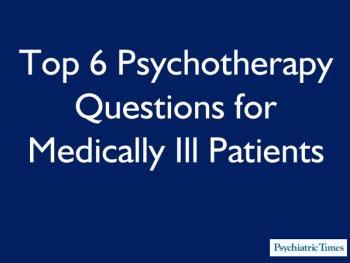
A brief psychosocial tool that offers compassionate, tailored care using existential neuroscience, a new perspective for conducting bedside psychotherapy.

Reporting of symptoms that are beyond available medical evidence is a central feature of malingering and related conditions, making the clinical differentiation of these disorders a challenge.
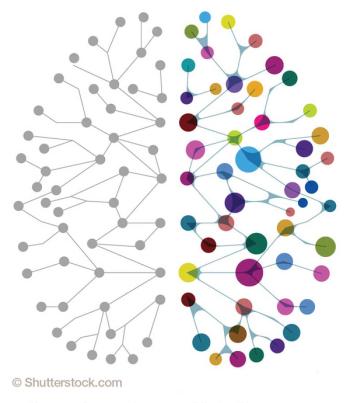
The authors take an in-depth look at the evaluation, diagnosis, and fundamental treatment recommendations, protocols, and guides to therapy for psychogenic nonepileptic seizures.

Although the somatizing disorders cover a vast array of symptomatic domains across many medical specialties, this article addresses the broad topic conceptually.

The need to integrate psychiatric treatment with somatic care puts psychosomatic medicine in a unique position to focus on older patients who would not otherwise seek specialized treatment.

An overview of select topics in clinical psycho-oncology, including assessment and management of delirium and brain lesions, mood and anxiety disorders, medication adverse effects, and existential death anxiety.

A panel of experts at the APA Annual Meeting discussed how changes in DSM-5 may affect clinical practice. Highlights here.

The ethical aim of psychiatry is the relief of suffering and incapacity.

It has moved PFAMC from the back of the book (where it is not a mental disorder) to front and center in the chapter on Somatic Symptom Disorders (where now it will be a mental disorder).

DSM-5 must emphasize that physical symptoms deserve the respect of a thorough work-up before assuming their cause is psychiatric. And people with defined medical illnesses should not be casually mislabeled as also mentally ill just because they are upset about being sick.

The goal of this article is to improve recognition of comorbid psychiatric and movement disorders and to help the reader formulate a management strategy using a multidisciplinary approach.

The primary difference between malingering and factitious disorder is the question of motivation.

Sybil Exposed makes the case that the 1973 book Sybil misrepresents the facts of Shirley Mason’s life, diagnosis, and treatment. It also points to concerns that extend beyond a single case, to the diagnostic concept of multiple personalities. Still, perhaps the books suggests the need for a more systematic look at not just the case of Sybil, but also the diagnosis of dissociative identity disorder (DID).

Understanding pediatric psychopharmacology in the context of medical illness.

The treatment of incest victims is often painful and difficult. With patience, the vast majority of those who have experienced incest can experience considerable improvement and enjoy an enhanced quality of life without succumbing to repeated victimization.

Many psychiatrists, residents, and other mental health professionals believe that psychodynamic therapy lacks empirical support or that other psychotherapies are more effective.

Although acute pain typically resolves on its own with little need for intervention, for some persons pain persists past the point where it is considered an adaptive reaction to injury.

Dramatology approaches human encounters, events, and scenes as dramatic enactments of characters in conflict and crisis.

A new study sheds some light on the pathogenesis of body dysmorphic disorder (BDD). Feusner and colleagues from UCLA, whose study was recently published in Archives of General Psychiatry, used functional MRI to determine whether patients with BDD have abnormal patterns of brain activation when visually processing their own face. The severity of symptoms of this disorder were found to correlate with activity in frontostriatal systems and the visual cortex. http://archpsyc.ama-assn.org/cgi/content/abstract/67/2/197

Unless you have been living on a desert island for the past 2 years, you are well aware that the development of DSM-V is well under way.

Patients who exaggerate, feign, or induce physical illness are a great challenge to their physicians. Trained to trust their patients’ self-reports, even competent and conscientious physicians can fall victim to these deceptions.